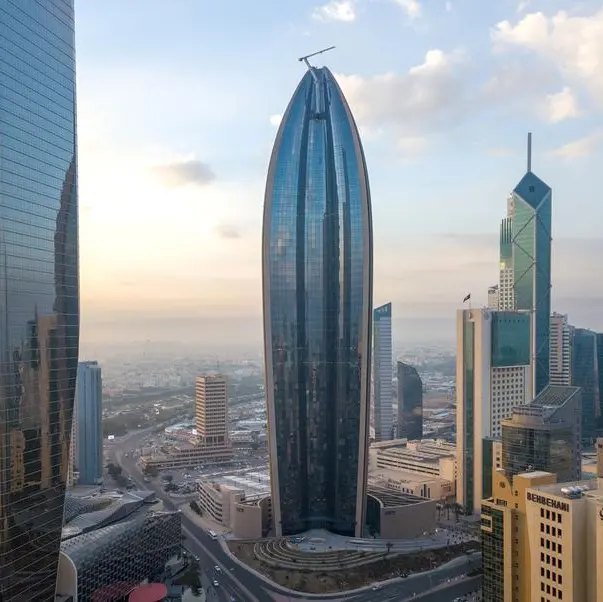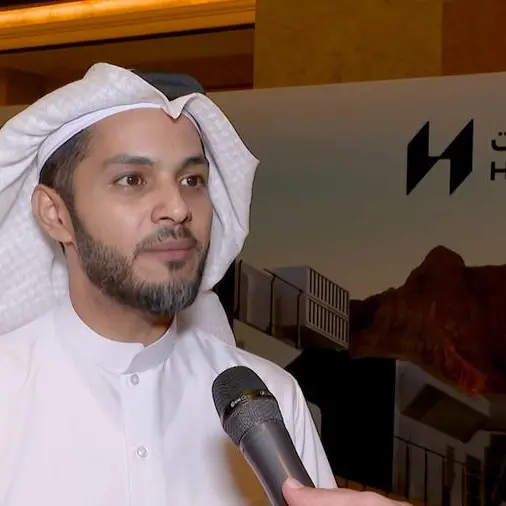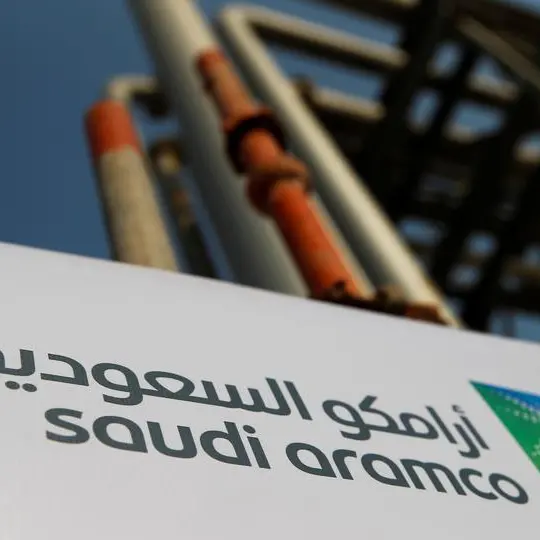Hawkamah, the Institute for Corporate Governance in the United Arab Emirates, signed a Memorandum of Understanding (MOU) with the Saudi Governance Centre at the UAE–Saudi Business Forum that took place in Abu Dhabi on Wednesday.
The agreement between the two bodies is aimed at developing training programs, research projects and share information to enhance corporate governance across companies and organisations in both countries.
“The UAE and Saudi Arabia are the biggest economies in the region, so it is important for both nations to find ways to improve corporate governance in the region as a whole,” Dr. Ashraf Gamal El Din, CEO of Hawkamah told Zawya at the sidelines of the event.
The Saudi side of the partnership is a group of experts from the private sector offering research advice, consulting and training services around governance, and is a private entity. In the UAE, Hawkamah is an initiative that is owned by the Dubai government, El Din noted “We aim to enable the listed and non-listed entities in both countries to adopt the best practices in corporate governance. We also want to extend this to other countries in the region,” Loai Mousa, CEO of Saudi Governance Centre told Zawya at the event.
Historically, Hawkamah has carried out a lot of projects in Saudi Arabia in the area of board briefings and board retreats which get the boards of top companies together with top management teams to drive strategies for companies to identify risk, Hawkamah’s CEO said, highlighting the developments achieved in the UAE in governance so far.
“If we look at the listing rules by ESCA (Securities and Commodities Authority), you can see that they are very advanced and very compatible to those of developed countries, globally speaking, and companies are obliged to do this. If we also look at company reports and transparency in disclosures, it is actually much better than before,” El Din said.
“The latest development in corporate governance in UAE happened a few months ago, with the latest regulations that force even government organisations and companies to have corporate governance,” he added.
Corporate governance in Saudi Arabia still has a long journey ahead, Mousa said.
“It is worth noting, however, that Saudi Capital Market Authority list that was issued in Febraury 2017 is a strong factor in implementing governance and shows the authorities’ willingness for all companies to adopt governance in its policies,” he adds.
“We are a group of private investors who believed in corporate governance. And without faith by the private sector in its significance, it is difficult to succeed,” Mousa said.
“In the centre, we adopted a terminology of ‘business continuity’: If you apply corporate governance, the business will continue,” he added.
The agreement between the two bodies is aimed at developing training programs, research projects and share information to enhance corporate governance across companies and organisations in both countries.
“The UAE and Saudi Arabia are the biggest economies in the region, so it is important for both nations to find ways to improve corporate governance in the region as a whole,” Dr. Ashraf Gamal El Din, CEO of Hawkamah told Zawya at the sidelines of the event.
The Saudi side of the partnership is a group of experts from the private sector offering research advice, consulting and training services around governance, and is a private entity. In the UAE, Hawkamah is an initiative that is owned by the Dubai government, El Din noted “We aim to enable the listed and non-listed entities in both countries to adopt the best practices in corporate governance. We also want to extend this to other countries in the region,” Loai Mousa, CEO of Saudi Governance Centre told Zawya at the event.
Historically, Hawkamah has carried out a lot of projects in Saudi Arabia in the area of board briefings and board retreats which get the boards of top companies together with top management teams to drive strategies for companies to identify risk, Hawkamah’s CEO said, highlighting the developments achieved in the UAE in governance so far.
“If we look at the listing rules by ESCA (Securities and Commodities Authority), you can see that they are very advanced and very compatible to those of developed countries, globally speaking, and companies are obliged to do this. If we also look at company reports and transparency in disclosures, it is actually much better than before,” El Din said.
“The latest development in corporate governance in UAE happened a few months ago, with the latest regulations that force even government organisations and companies to have corporate governance,” he added.
Corporate governance in Saudi Arabia still has a long journey ahead, Mousa said.
“It is worth noting, however, that Saudi Capital Market Authority list that was issued in Febraury 2017 is a strong factor in implementing governance and shows the authorities’ willingness for all companies to adopt governance in its policies,” he adds.
“We are a group of private investors who believed in corporate governance. And without faith by the private sector in its significance, it is difficult to succeed,” Mousa said.
“In the centre, we adopted a terminology of ‘business continuity’: If you apply corporate governance, the business will continue,” he added.
© ZAWYA 2017











